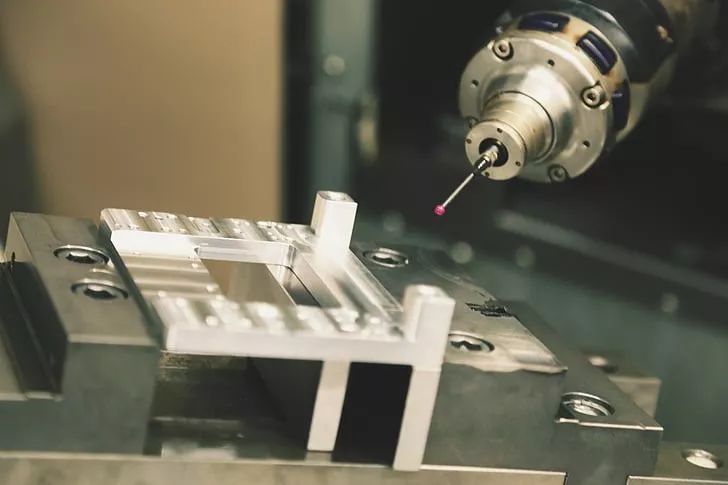
Ultra-precision machine tools and materials science form the bedrock of modern industry, and three nations—Japan, Germany, and Switzerland—dominate these critical sectors. Among them, Japan has established an unparalleled lead, blending technological innovation with meticulous engineering to set global standards.
Japan’s supremacy in ultra-precision machine tools is exemplified by companies like NSK (Nippon Seiko Kabushiki Kaisha), which produces the world’s most accurate machine tool spindles. These spindles, capable of achieving rotational precision within nanometers, are indispensable for manufacturing components in aerospace, semiconductor, and optical industries. Japanese firms such as Makino and Mazak also lead in high-speed machining centers and five-axis milling machines, renowned for their stability and sub-micron tolerance. In materials science, Japan’s advancements in ultra-high-purity ceramics, carbon fiber composites (e.g., Toray’s T1100 carbon fiber), and specialized steel alloys further reinforce its dominance, providing the raw materials for precision tools and extreme-environment applications.
Germany and Switzerland complement Japan’s expertise with their own niche strengths. German manufacturers like Siemens and FANUC (though FANUC is Japanese, its German subsidiary excels in automation) specialize in CNC control systems and industrial robotics, integrating seamlessly with high-precision machine tools to enhance productivity. Swiss firms such as GF Machining Solutions and Mikron are synonymous with micro-machining excellence, producing machines capable of crafting components as small as a grain of rice with micron-level accuracy. Switzerland’s mastery of watchmaking—requiring infinitesimal precision—has translated into innovations in ultra-precise measuring instruments and miniature gear systems, critical for medical devices and aerospace engineering.
The trio’s collective dominance stems from decades of investment in research, stringent quality control, and a culture of engineering excellence. Japan’s “monozukuri” (craftsmanship) philosophy, Germany’s “Industrie 4.0” focus on smart manufacturing, and Switzerland’s tradition of artisanal precision have created ecosystems where innovation thrives. While other nations strive to catch up, the technical barriers in ultra-precision machining and advanced materials—such as Japan’s nanometer-scale spindle technology or Switzerland’s diamond-turning lathes—remain formidable. As these technologies underpin everything from next-gen semiconductors to space telescopes, the Japan-Germany-Switzerland triumvirate continues to shape the trajectory of global industry, ensuring their status as the unchallenged leaders in the “mother of all industries.”




